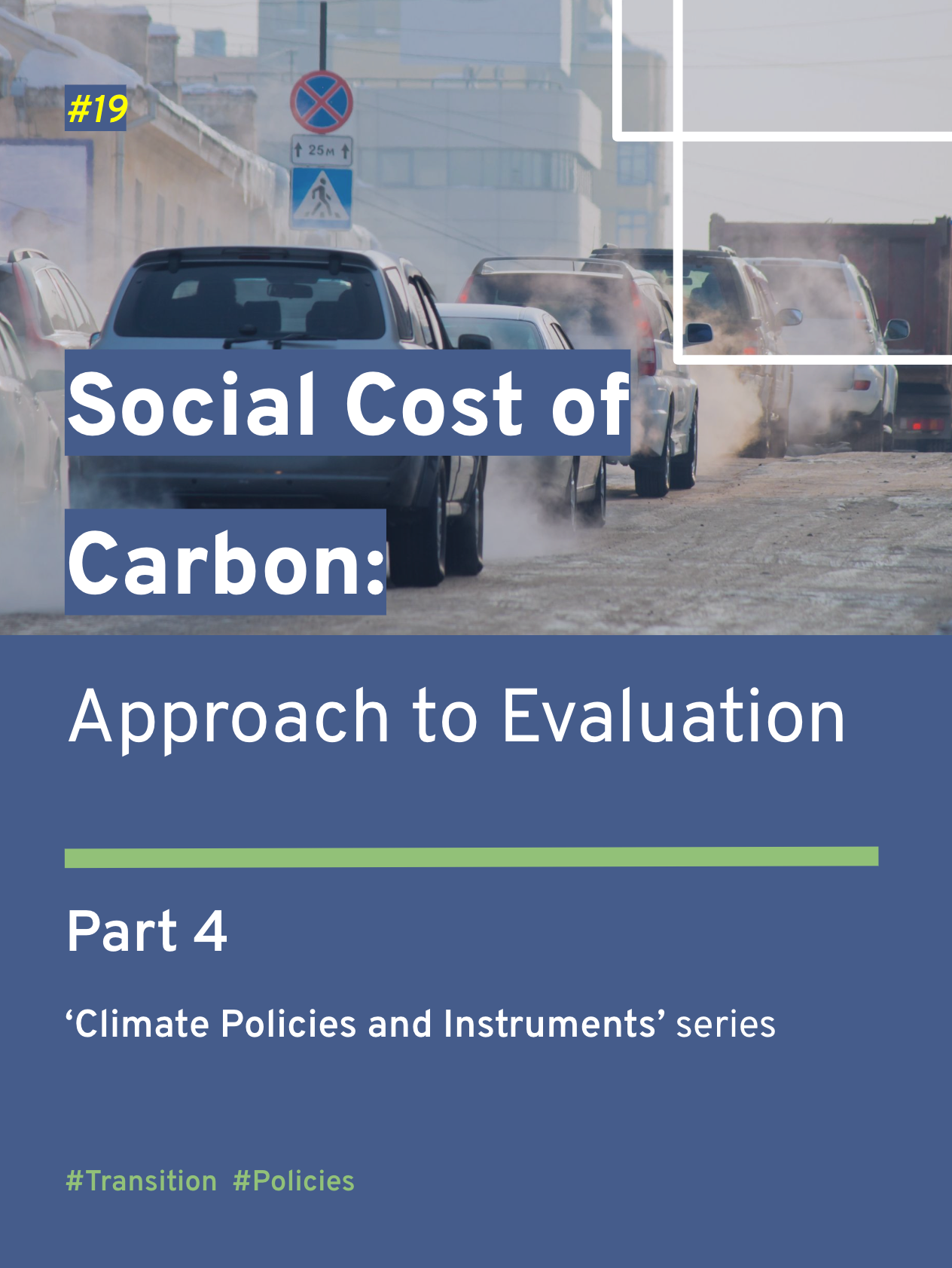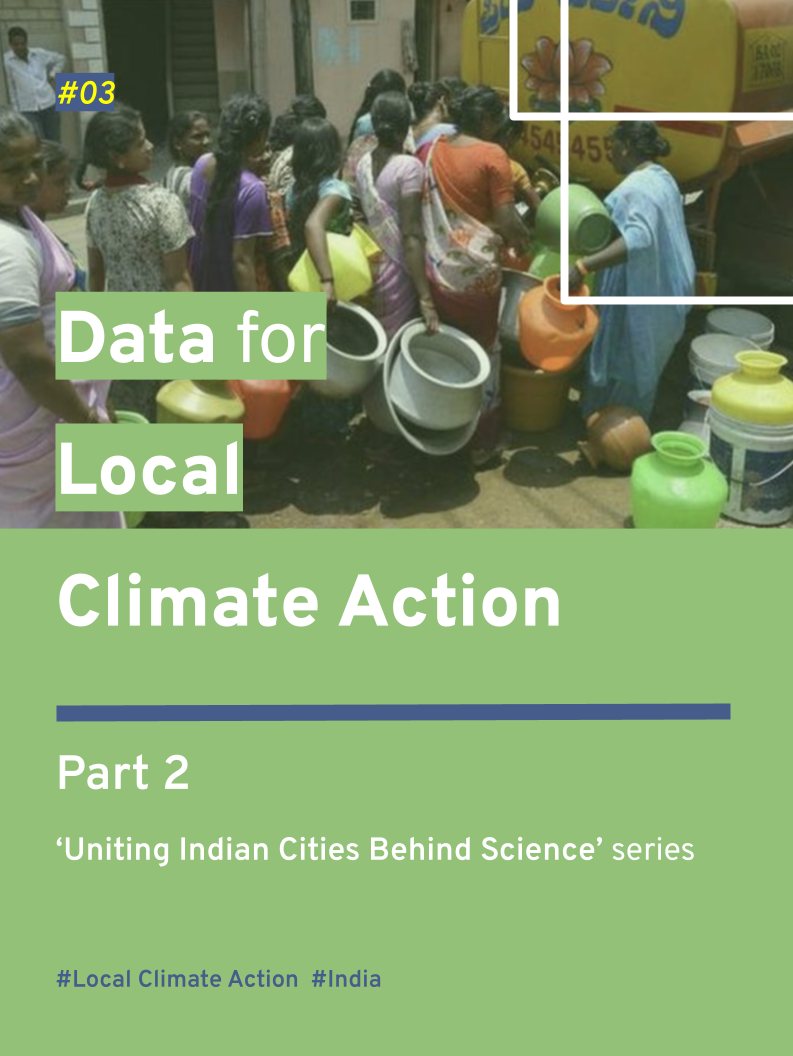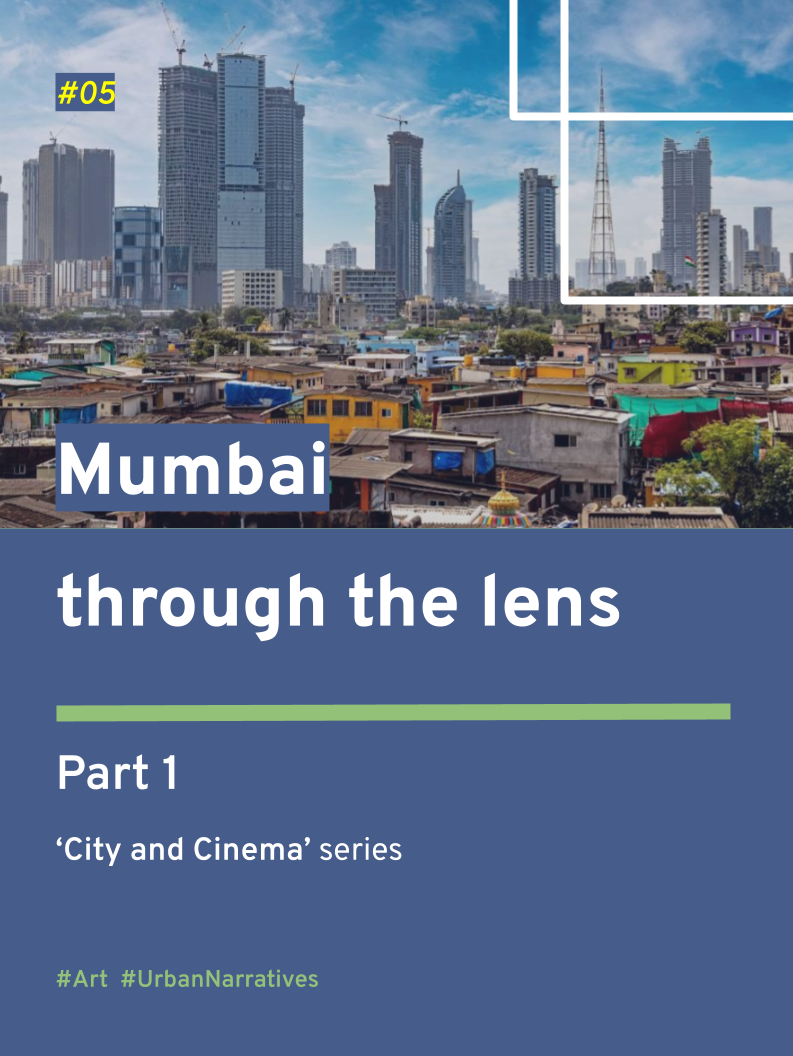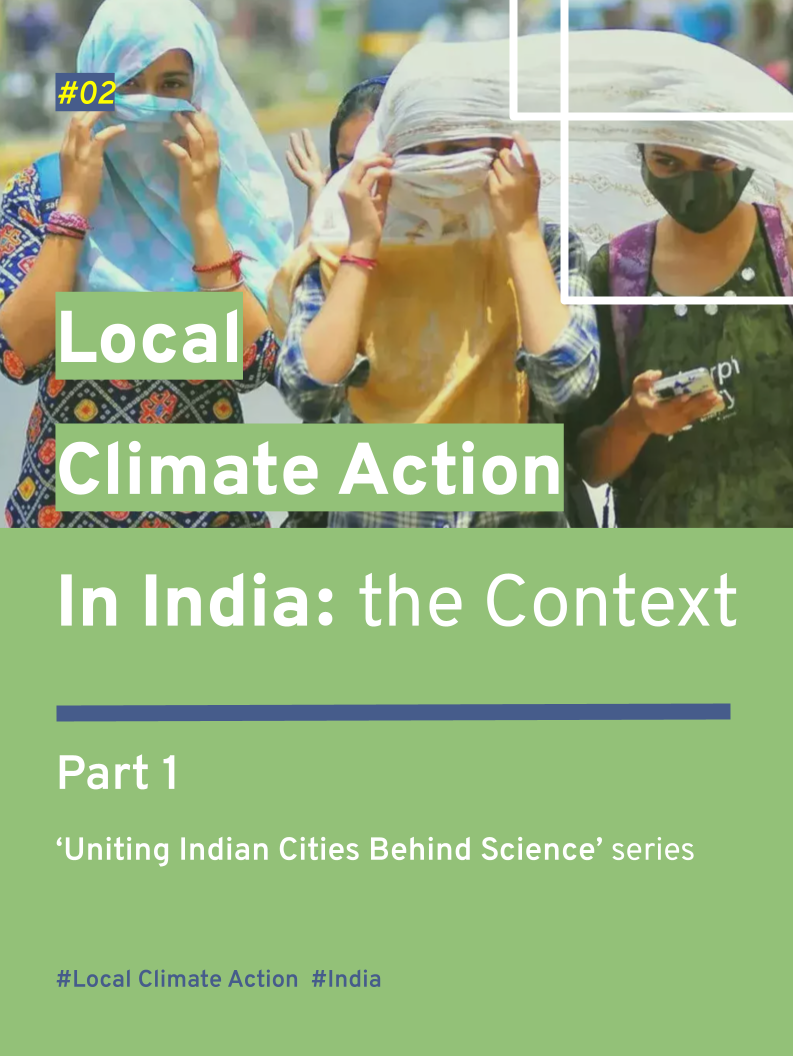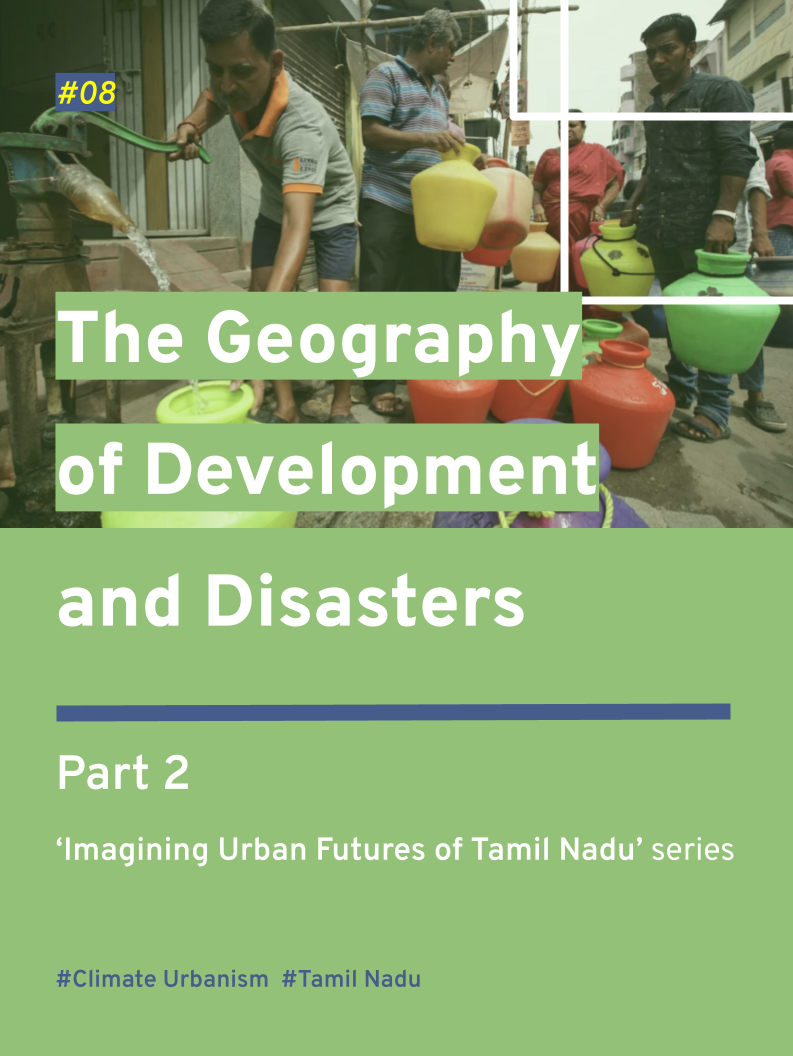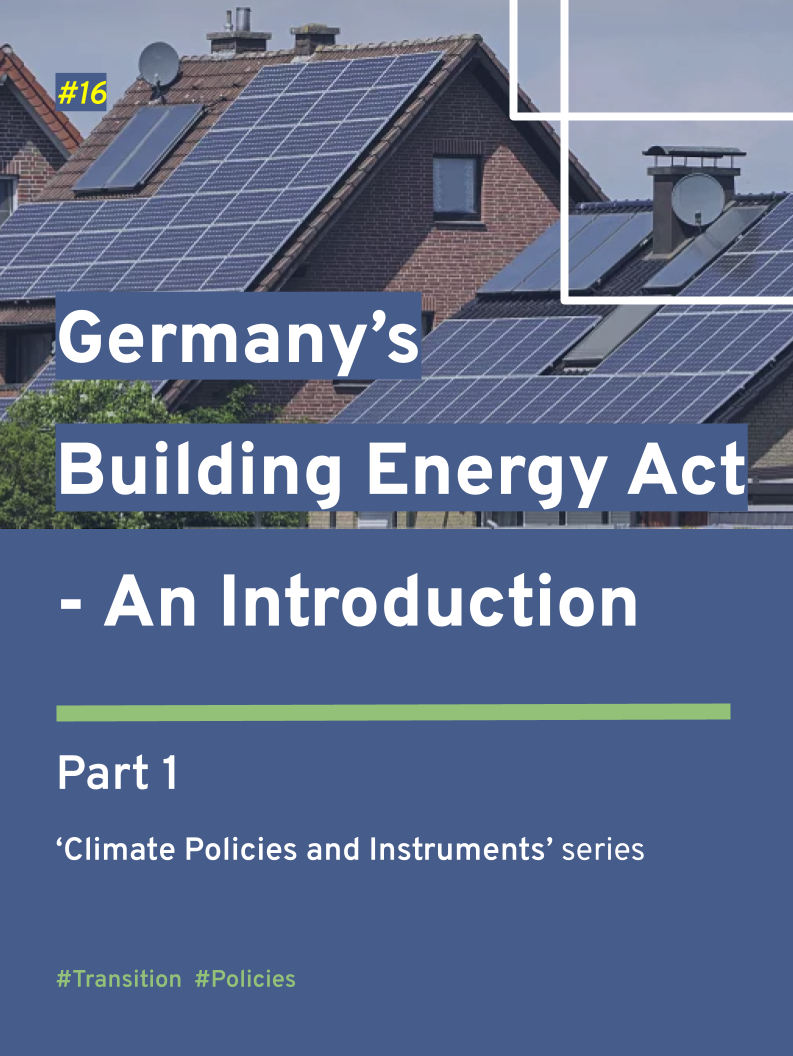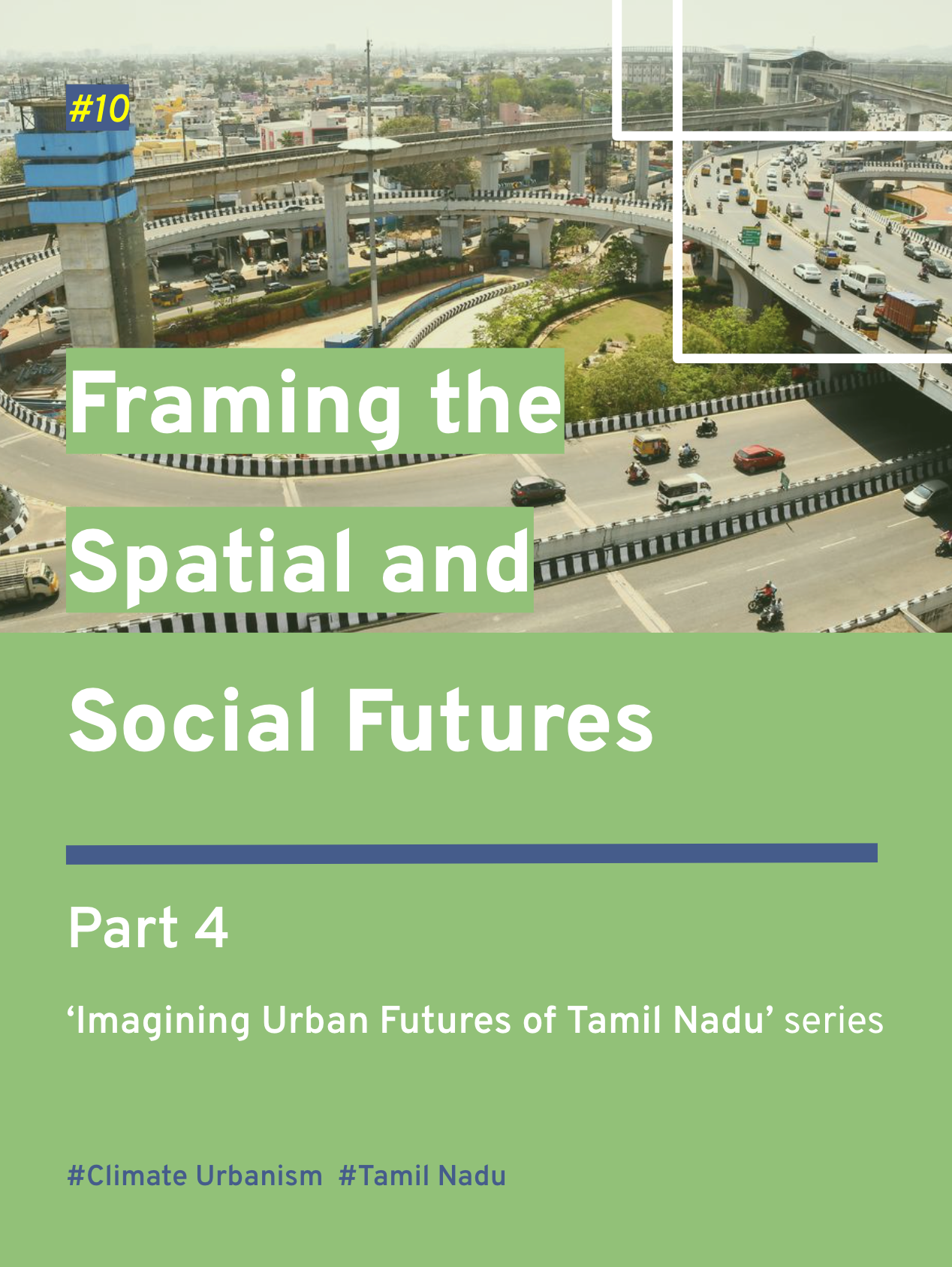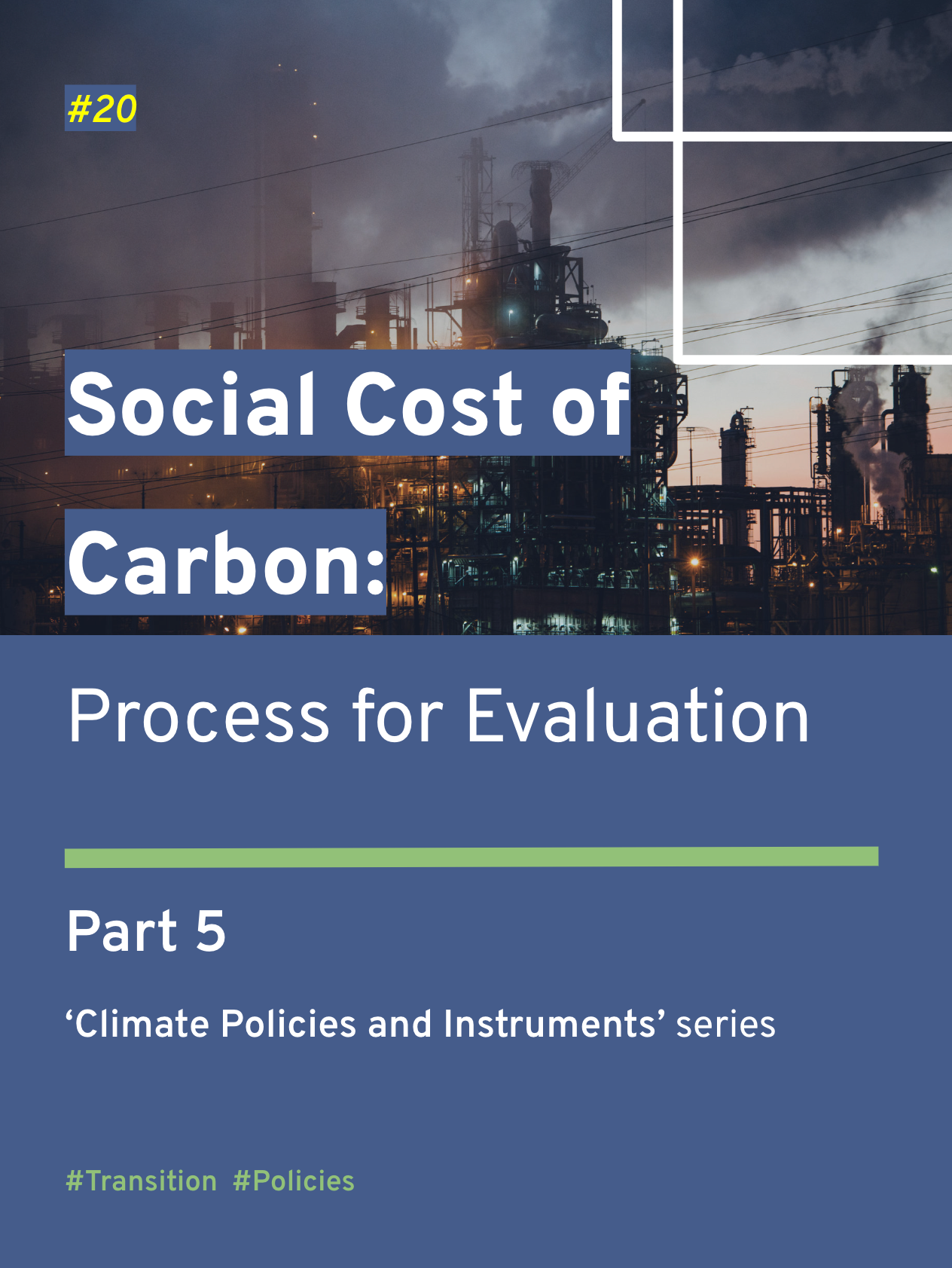A call for cities and champions
Chennai floods, Dec 3rd, 2015 (Source: STRDEL | AFP | Getty Images)
Climate change is the defining issue of our time. India is estimated to have 9 out of the Top 50 most vulnerable regions in the world (XDI-Cross Dependency Initiative), making it obvious that we need more hands to research and advocate for investments in climate-resilient urban infrastructure. This blog presents three ideas for cities to further their local climate action journey and how development sector professionals could play a supporting role.
Source: Guy Parsons | Copyright 2021 Cagle Cartoons
As part of my postgraduate programme at the London School of Economics and Political Science, I was enrolled in a course module on Advocacy, Campaigning, and Grassroots Activism. Following the preliminary submission of student research proposals, Dr Duncan Green, our Professor and Senior Strategic Adviser at Oxfam, published a blog called ‘What do 70 Masters students from around the world want to campaign on?’, summarising our topics for research. I started reading with excitement to know how many more of my classmates care about local climate action, but I was disappointed to see just one proposal in alignment.
You are right; that was mine.
Academicians and researchers have discussed widely why people aren’t driven enough to act on the climate crisis. As Art Markman says, the trade-off between short-term and long-term benefits, and the lack of significant everyday disruptions make it uninspiring to change behaviour to improve an uncertain future.
I get that. I no longer expect the general public to be the champions of local climate action, not at least in this decade. We must wait for things to get worse and for people to see the problem with their own eyes. But future activists and advocates in the development sector can and must do better.
The problem before us is huge. The Climate Change 2023 Synthesis Report published by the Intergovernmental Panel on Climate Change (IPCC) suggests that almost half the human population lives in climate-vulnerable contexts. But the below figures show that we do not have enough attention and investment from governments, philanthropies, and campaigners.
It’s been 15 years since the 2009 Copenhagen Summit, which pledged to mobilise $100 billion every year for climate action in developing countries. 2021 saw the highest contribution of $89.6 billion, which is still lower than the pledged amount. Only 2 percent of global philanthropy is invested in climate action. As Duncan’s blog suggests, even in a classroom for activism, local climate action is represented by only 1.5 percent (one in seventy).
‘...likely that warming will exceed 1.5°C during the 21st century and make it harder to limit warming below 2°C.’ - IPCC, 2023
Figure showing observed widespread and substantial impacts and related losses and damages attributed to climate change (Source: IPCC)
We have two choices. Either, we can continue to take things slow and see where it goes (if we’re still around). Or we can mobilise philanthropic attention for local decarbonisation and adaptation, act bolder and stronger, and support systemic changes. Remember, if we decide to take the first course, it comes with all the impacts and losses illustrated above.
With the hope that you all are with me in taking the second road, below are my three BIG asks to cities and fellow development professionals.
1. Show how you spend
As a starting point, my first ask is for cities to make budgets transparent and accessible. Show people how much money is being spent on climate action, even if that amount is not a lot for now. In 2017, Oslo, Norway, launched its ‘Climate Budget’—a governance system that turns climate commitments into funded and measurable actions and embeds climate targets and considerations into the state or city’s regular budgeting process—becoming the first city to do so. Since then, many cities like Barcelona, Berlin, London, Montréal, New York, Stockholm, and Tshwane have followed suit and have proved it to be an useful strategy.
The same goes for my fellow change-makers. Whichever sector you are part of, if the issue you are tackling is directly or indirectly linked to the impacts highlighted by the IPCC report, add a climate column to your organisation’s budget statement and put it out publicly.
2. Set up a Climate-led Systematic Investment Plan (CSIP)
Secondly, if a city hasn’t been putting money towards local climate action, it’s time to start now! The goal is not large amounts, the goal is to just start. Commit and be consistent. Decide how much to invest through an inter-departmental, annual, participatory budgeting process. Australia, France, Belgium, the Netherlands, Poland, and many other countries have adopted a citizens' assembly format for discussing a range of issues. This tactic was leveraged by Camden Borough in London to host the UK’s first citizen’s assembly in July 2019 to discuss challenges around the climate crisis and develop proposals.
We all could do this within our organisations. For example, the United Nations Framework Convention on Climate Change (UNFCCC) highlights that women are poorer and that their unequal participation in labour markets compounds inequalities. If you are working on gender issues (the dominant category as per Duncan’s blog), identify any challenges at the intersection of women and climate change and include an annual resource commitment. Don’t hesitate to add a few zeros to the number you enter.
3. Strengthen institutions
The third ask for cities is to equip the government machinery with enabling policy mechanisms, regular capacity building for executives, and effective legal reforms to guide and mandate action. As the climate litigation phenomenon catches up across the globe, notably following the 2015 Urgenda Climate Case against the Dutch Government, which led to the state of the Netherlands increasing its budget allocation, more active citizens are reaching out to legal pathways to reinforce their government’s duty on climate action.
Through the second ask, if you find an avenue for climate action, build your understanding of solutions and embed them in your organisational policies. If your work has no connection to climate action, congratulations! You can continue your work guilt-free.
Each of us has a role to play in addressing the climate crisis through our efforts. So pick your part and play it well; the spotlight is on you.
Lives. Climate. Action!
Have questions, thoughts, or feedback? Write to nagendran.bala.m@gmail.com.
